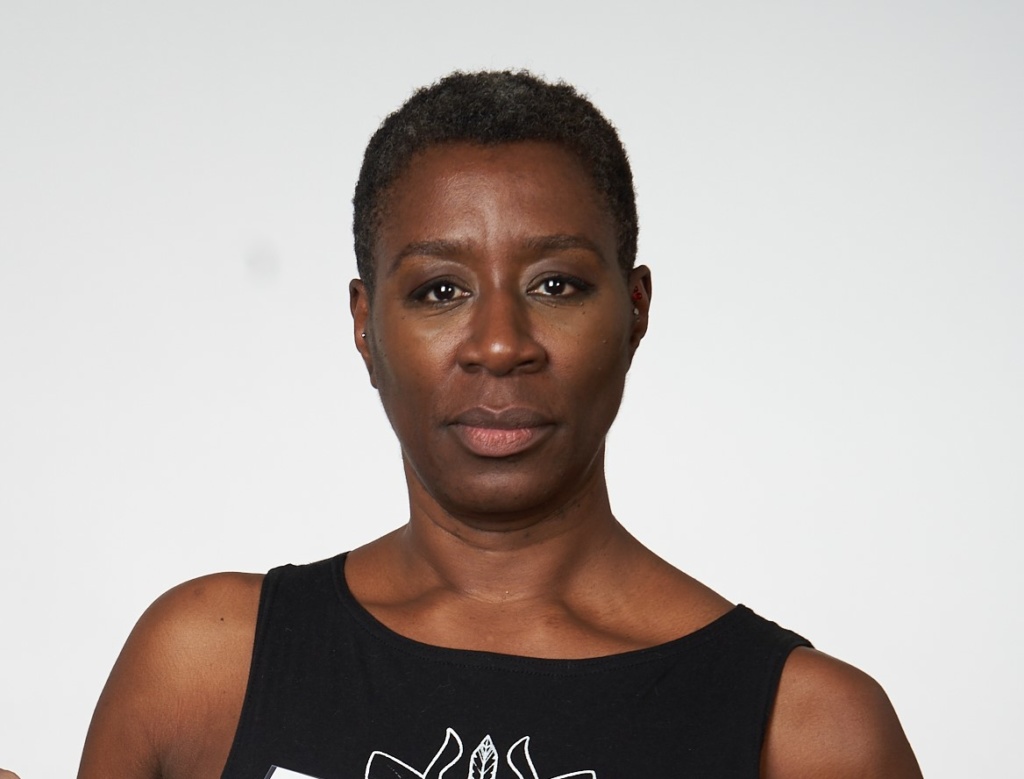
If you’re looking for a new career, consider a role in adult social care. So long as you’re kind, patient and compassionate, you have the qualities you need to get started.
Denise decided to pursue a career in care after being made redundant. When this happened, she decided to view this as an opportunity to re-evaluate her career and make a difference to her life, and the lives of others.
Taking the transferable skills, she had built in previous roles, such as organisation, the ability to follow procedures, time management, and good communication into account, Denise realised that she was perfect for the sector. Denise had always wanted to work in a role where she could make a positive change, and with this in mind, she applied and was successful in securing a role in a hostel where she was able to support care recipients from a variety of backgrounds.
Despite having no previous experience in this sector, her employer ensured that she could confidently support others by enrolling her on all relevant training courses. Denise has now completed not only on-the-job training, but she has also gone on to complete a counselling qualification.
With the extensive experience gained from working at the hostel for a few years, Denise has since progressed in her career and is now a Team Leader at a homeless hostel run by a not-for-profit organisation.
Throughout her career in care, Denise has realised that there are lots of misconceptions about the work she does. Explaining that, “When I tell people that I work in a hostel, they sometimes assume the worst; but they couldn’t be further from the truth,” she says proudly. “The hostel is big, bright, and makes such a huge difference to the lives of those who live there.”
Denise explains that she “absolutely loves” this role because of the “immense sense of achievement” it gives her, noting that last year, she enabled nine care recipients to move from the hostel to independent living within the community; a huge achievement for the care recipients and the wider team.
“As well as experiencing these huge moments when people I support move into independent accommodation, there are smaller but equally significant moments too,” says Denise. “I once had a care recipient that I struggled to engage with as his background meant he was reluctant to trust others. I kept trying to build a good rapport with him, and eventually, I got him to let me in. I was able to support him to get back into the community and today, we still stay in touch through the outreach programme. It’s great to see how he’s turned his life around. To succeed in this job you must be patient, but the results are always worth it.”
Denise says that, “The best care workers handle the highs and lows. In my area of social care, our service users may have a criminal past, poor mental health, or drug and alcohol dependency. “The reality is homelessness can happen to anyone. They’ve been through it; you hear their stories and know that they’re hurting. It is a real privilege to be able to support them through it.”
To be able to experience this privilege too and embark on a rewarding career in care, Denise says you need to be “open minded, patient and have good people skills”, encouraging those who “really want to have a positive impact” to “look into a career in adult social care.”
If you or someone you know has these qualities, then a career in care could be perfect.
To find out more about the roles available in adult social care,
visit: www.adultsocialcare.co.uk

Kindly follow us on twitter:@AfricanVoice2










